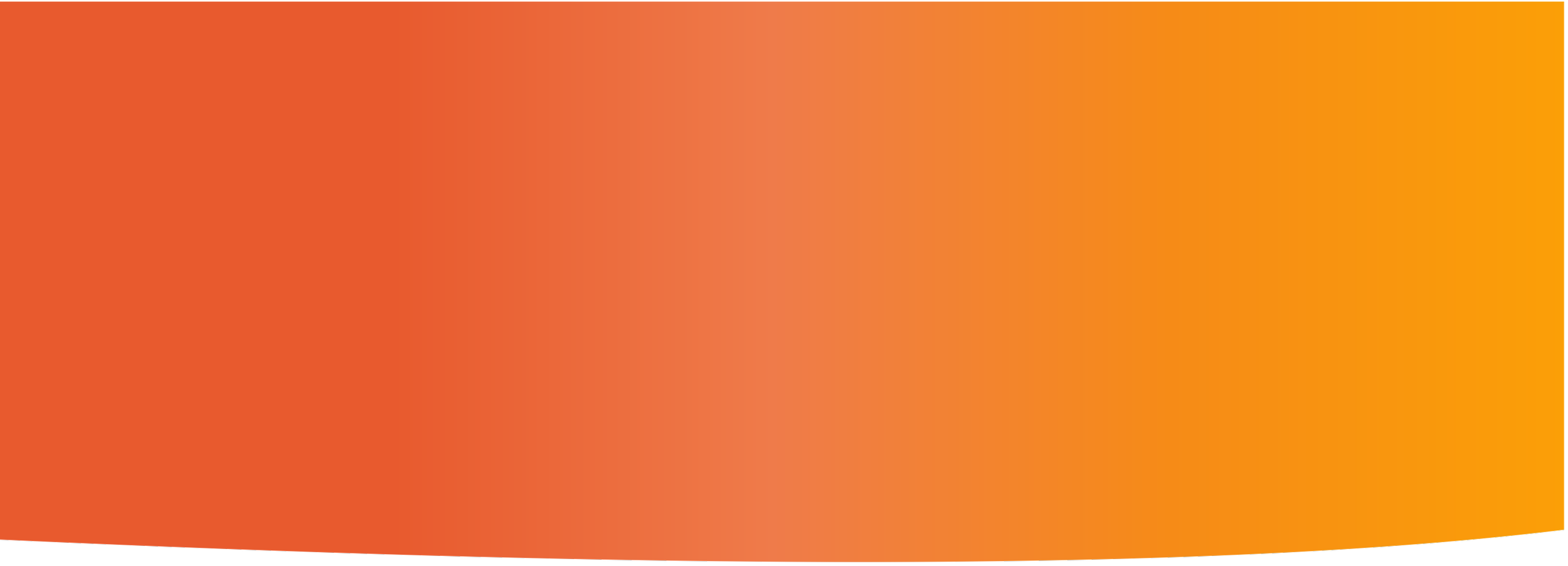
Stories
Insights & Ideas
We’re always learning and expanding our thinking.
Aging Four Months With One Phone Call
The way that we understand the world is based, in part, on cultural norms. These norms are often so deeply ingrained that we don’t stop to think that they might be arbitrary – they just feel objectively right. In fact, they are so obviously right that we tend to assume everyone else, if they are reasonable and rational, must understand things the same way. But what happens when they don’t?
Banishing Everyday Stressors
Life’s daily hassles can add up in a big way, affecting our health, our stress level, and our ability to get things done. I had stopped noticing many of the little stressors around our house, but I saw them with fresh eyes when we returned home after an extended holiday. We embarked on a campaign against these small annoyances and not only improved our space, but reclaimed some mental energy along the way.
The More You SEE, the More You Know
The Supportive Environments for Effectiveness (SEE) framework gives me a way to view the world from the perspective of what people need to be their best selves. As I look through the lens of SEE, I’m noticing new things, understanding people’s behavior at a deeper level, and seeing how I can improve my own life and my interactions with others.
Reflections on Learning Circles: The Nonprofits’ Journeys
reDirect has used Learning Circles as a strategy for collaborating with nonprofits experimenting with Supportive Environments for Effectiveness (SEE) within their organizations. The organizations have taken different journeys—some have dabbled in several areas of SEE applications while others have focused on just one. Here are a few of our takeaways.
Learning Circles as a Funding Strategy
Fashioned after the Denver Foundation's Inclusiveness Project, reDirect initiated Learning Circles to help our grantees build a peer network as they develop a road map for implementing Supportive Environments for Effectiveness (SEE) in their organizations. Our Learning Circle cohorts have focused primarily on using SEE to improve internal organizational functioning.





